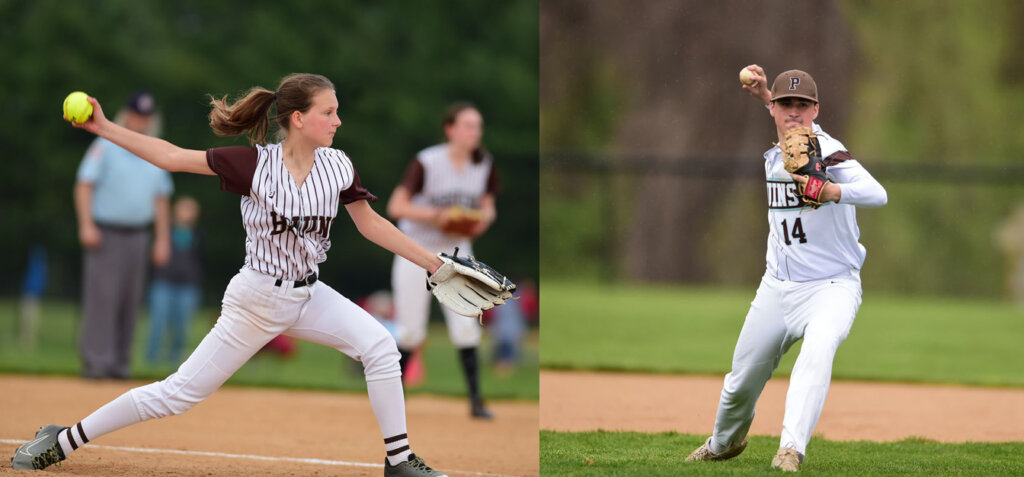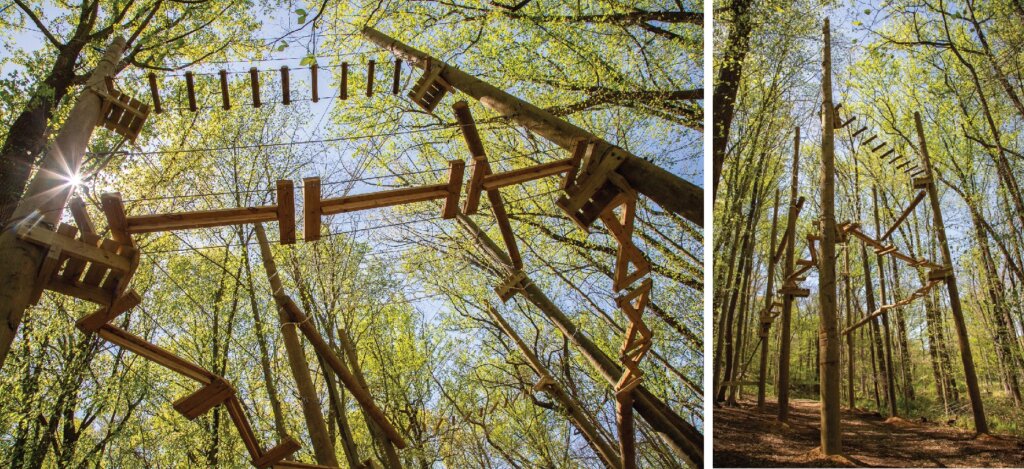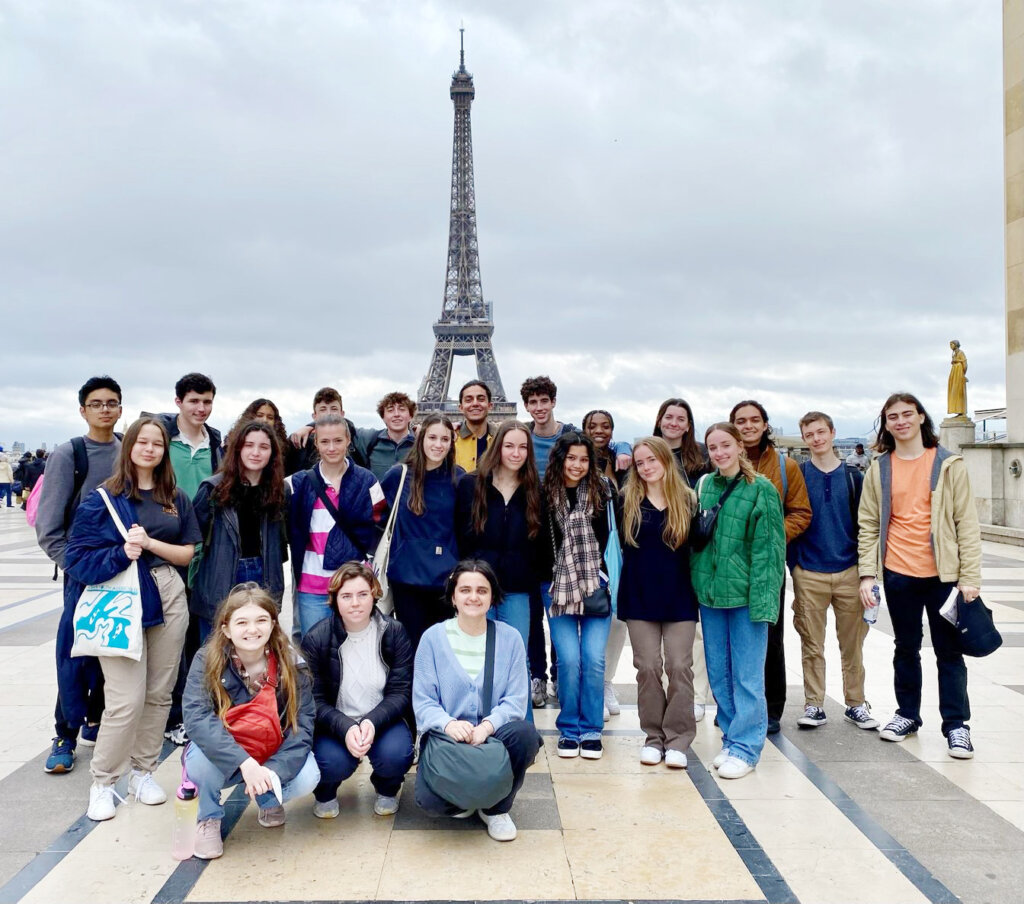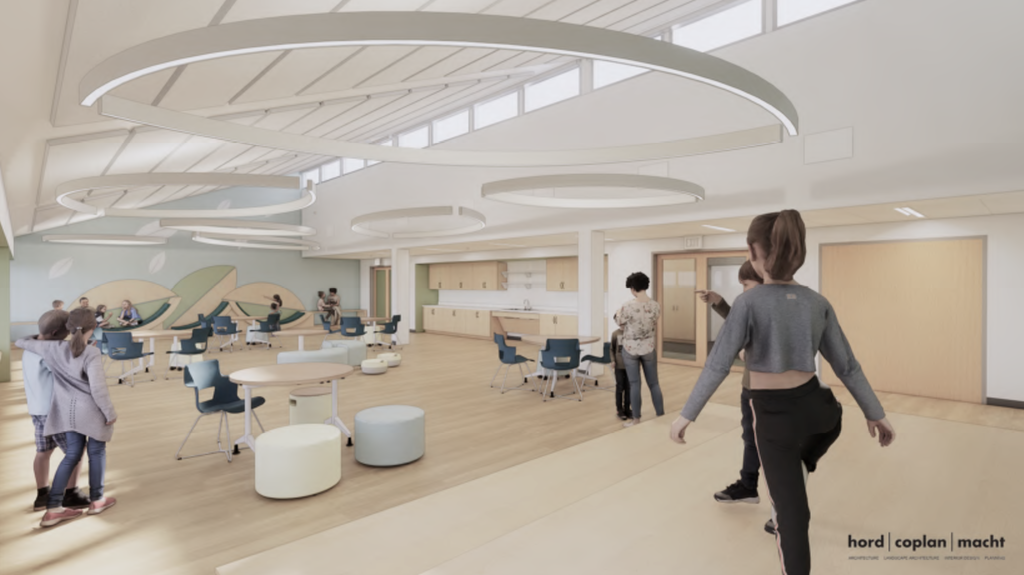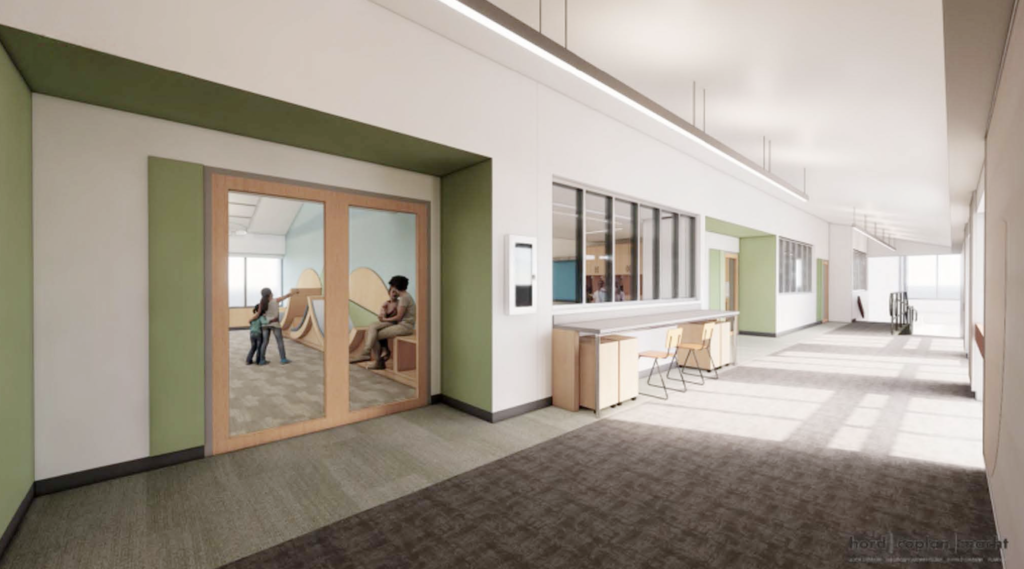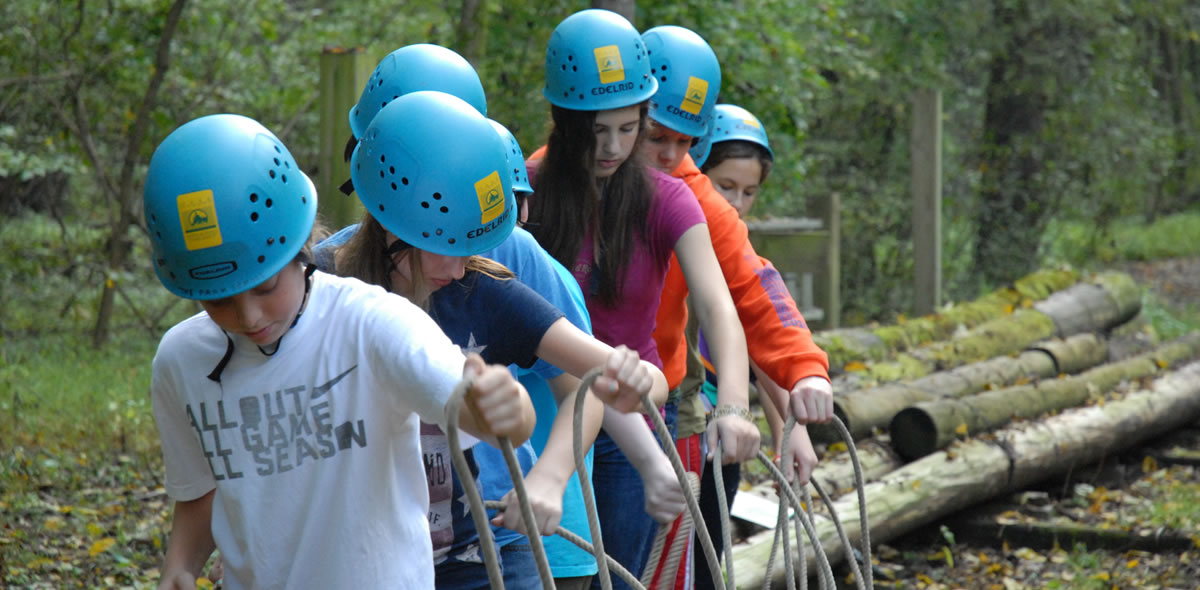Pre-Kindergarten and Kindergarten
The goal of education in Pre-Kindergarten (Pre-K) and Kindergarten (K) is to stimulate the healthy growth of each child’s intellectual, social, physical, emotional, and ethical powers.
At Park, our Pre-Kindergarten is followed by a traditional Kindergarten experience that precedes first grade. Pre-Kindergarten is a time for children to experience the joys of learning in the classroom, on the playground, and beyond.
Park’s beautiful campus is a place for young children to investigate life cycles of creatures large and small while using a variety of materials, resources, and tools. Pre-Kindergarten curriculum introduces children to the organization and routines of school. As the youngest children in the school take on their roles as students, academic skills are introduced in a nurturing, caring environment.
Building on the Pre-Kindergarten foundation, Kindergarten students begin to focus on the skills that will be needed to tackle the rigors of first grade. Opportunities and expectations for reading, writing, mathematics, and science are incorporated into work and play. Offering unique, yet complementary Kindergarten years supports the range of skills and developmental needs of the youngest learners in the Park School community.
Language Arts
In Pre-Kindergarten and Kindergarten, children work on the academic skills necessary to become successful readers and writers. Park’s teachers build on children’s prior knowledge and abilities as they plan and facilitate authentic and intentional language arts experiences. The language arts program focuses on:
Listening
Listening is a primary intellectual skill. Kindergarten children are guided to listen thoughtfully to each other in conversation, to their teachers, and to speakers during presentations.
Speaking
Through conversation with both teachers and peers, children become increasingly proficient and confident in the use of oral language. Children practice speaking skills by sharing stories and information with their classmates during guided and structured activities.
Reading
Intentional, structured, explicit literacy instruction begins in Pre-Kindergarten. The richness of classroom-expressive language and shared literature, including fiction and nonfiction, provides an important base for strong reading skills. Classroom libraries are extensive and care is taken to expose children to diverse characters and life experiences through games, songs, and poems. Skills in letter recognition, sound and symbol correspondence, sounding out simple words, identifying text features, and building an appropriate sight word vocabulary are emphasized. Individual and small group work supports emergent and early readers. Group literature discussions center on building comprehension skills, expanding student vocabulary, and relating literature to personal experiences.
Writing
Early writing takes many forms, such as scribbling, drawing, reproducing letters and numerals, and using invented spelling. Children in Kindergarten have many opportunities to write daily.
Story journals and science observations provide structured writing experiences across the curriculum. Elements of a story, including characters and setting, as well as the beginning, middle, and end, are introduced. Children consider writing as a process where stories are first orally told, then written, revised, edited, and published. In science, children practice
looking closely and noticing details, making observational drawings, and then recording their observations in writing.
Making signs in the block area, writing notes and cards at the drawing table, making lists and “menus” in the dramatic play area, and creating stories and books with teachers’ guidance during “work time” and literacy time are all examples of Kindergarten writing.
Library
The librarian visits Pre-Kindergarten and Kindergarten classes weekly. In addition to bringing beautifully written and illustrated books to read to the children, the librarian also introduces books and stories that enrich and support our curriculum. In the spring, Kindergarten children begin to visit the library where they select and check out books on their own.
Mathematics
Through the Technical Education Research Center (TERC) math curriculum, Investigations in Number, Data, and Space, children explore mathematical ideas and reasoning, and apply problem-solving skills. This curriculum, which begins in Kindergarten, continues through the Lower School years.
Play and mathematics are inseparable, and many important mathematical concepts are learned and practiced in the context of informal play. All Kindergarten classrooms offer rich mathematical experiences for children, which are grounded in play-based activities. For example:
- Building with blocks introduces children to concepts of shape, relative size, geometry, area, and measurement.
- Playing games involves mastering rule systems, counting, mastering one-to-one correspondence, and strategizing.
- Working with puzzles, tangrams, and pattern blocks sharpens spatial awareness.
- Observing, creating, and extending patterns engages children in algebraic thinking.
- Categorizing, sorting, and comparing attributes of various materials gives children experience in analyzing data, as well as using mathematical language.
- Designing surveys promotes critical thinking and consideration of methods for recording, analyzing, representing, and presenting data.
Music
In Pre-K and Kindergarten, joyful singing, playing games, and working with percussion instruments are the experiences through which students learn about the comparatives in music. High vs. low pitch. Fast vs. slow beats. Steady vs. unsteady beats. Beat vs. rhythm. These foundational ideas prepare students for music literacy in first grade and beyond. In addition to these concepts, students learn the most important music idea: music-making is for everyone, and making music is one of life’s great joys. Key experiences are the Monarch Butterfly Festival in Autumn and a May Day Celebration in the spring.
Physical Education
In Pre-Kindergarten and Kindergarten physical education, we engage students in a variety of activities that support fundamental movement skills and overall development. Each class begins at “Home Base,” where students receive instructions and establish routines, crucial to their comfort and preparedness in the gym. This structured start helps students adapt to the environment and prepares them to actively participate in physical activities. The curriculum focuses on developing locomotor skills, such as running and jumping, and non-locomotor skills, including balancing and bending. Additionally, we emphasize body and spatial awareness, along with social skills such as cooperation, turn-taking, and safe play. Through individual and partner games, students practice teamwork, communication, and movement exploration, all of which contribute to their physical and social growth.
Science
Park’s Kindergarten students are challenged to become keen observers and thinkers. Through modeling and coaching during small group and class discussions, children learn to ask investigative questions, articulate ideas, formulate hypotheses, and consider each other’s thoughts and opinions. They practice recording their observations and discoveries through writing, drawing, and graphing. Science themes during the Kindergarten years include:
- The metamorphosis and migration of the monarch butterfly
- The life cycle of frogs
- The properties of water
- Seeds and plants
In addition, the children engage in seasonal field study sessions involving our garden, the nearby woods, stream, meadow, and pond. Students also have the opportunity to explore classroom science collections. The Lower School science teacher works in small groups in the classroom.
Social Justice
It is essential to empower our youngest students with age-appropriate language and tools to develop an early understanding of human diversity and social justice. Helping young students learn to be proud of their own identities, build on their natural curiosity, recognize similarities and differences, identify instances of unfairness, and develop empathy is at the center of our work. We work to nurture childrens’ individual identities and to build a foundation for them to demonstrate respect for others, and to stand up to unfairness and injustice.
Spanish
In Kindergarten, students meet with the Spanish teacher in small groups and are introduced to targeted vocabulary and features of Hispanic cultures through crafts, games, stories, and songs. Connections with the classroom curriculum are often established, allowing for additional opportunities to practice vocabulary and discuss culture in a variety of contexts.
Theme Studies, Social Studies, History
Kindergarten students examine the broad themes of connections and change. Throughout the school year, students build upon the connections they make with their teachers and classmates and begin to connect with the broader Park School community. Fourth grade students partner with Kindergarteners as “reading partners,” and Upper School students participating in The Partners’ Program join Kindergarteners regularly. As teachers guide Kindergarteners through these experiences, the students begin to feel the importance of being part of a larger community. Many activities and projects arise from the current population of Kindergarten parents and children. Teachers guide students based on their interests and teach them to observe, learn, and ask questions about subjects that they find meaningful. These interests often evolve into in-depth learning in the classroom. A project-based learning initiative develops each spring based on the interests of the class as a whole.
Visual Arts
Pre-Kindergarten and Kindergarten artists burst into the Lower School art studio ready to create. The goal is for children to explore and experiment with a range of experiences in the studio. Learning safe practices and the potential of tools and materials is the foundation for years to come. Of course they are reminded that hands, minds, and hearts are their greatest creative resources! Art lessons foster problem-solving, risk-taking, mindfulness, and strengthening of fine-motor skills. They are exposed to all types of art processes, including drawing, printing, sculpting, painting, and weaving. Acclimating to the art studio routines and expectations is a significant goal of the Pre-Kindergarten and Kindergarten years in art. Lessons are inspired by The Reggio Emilia early childhood philosophy of learning.
